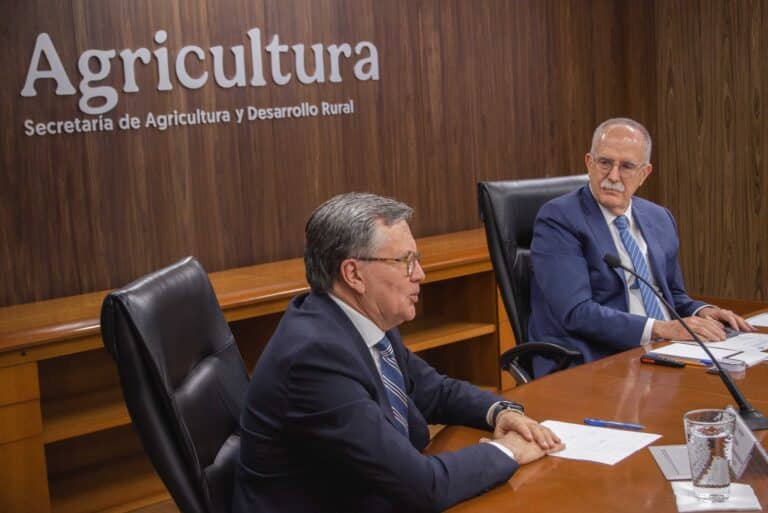Tom highlighted the importance of farmers actively participating in designing agricultural public policies during his speech at the Congress of the Argentine Association of No-till Farmers (AAPRESID).

Buenos Aires, 8 August 2024 (IICA) – Farmers often let politicians engage in discussions and design agricultural policies, but that must change to ensure the voice of those who produce food every day is heard and considered in decision-making.
Kip Tom, an American farmer and former U.S. Ambassador to the UN agencies for food and agriculture based in Rome, emphasized this point. Tom is a member of a family with several generations dedicated to rural production in the American Midwest.
Tom was one of the international speakers at the Congress of the Argentine Association of No-till Farmers (AAPRESID) in Buenos Aires. The session, titled “Agri-food Systems in the Americas: Future Perspectives and Opportunities for Producers,” was organized in collaboration with the Inter-American Institute for Cooperation on Agriculture (IICA).
IICA has forged a strategic alliance with AAPRESID, a network of producers that has been promoting sustainable production systems for food, fibers, and energy on millions of hectares of Argentine farmland for over 30 years.
“I encourage you to participate,” Tom told the hundreds of agricultural producers present at “La Rural” venue in Buenos Aires during the three-day event, which featured over 100 simultaneous conferences covering economic, productive, environmental, social, and technological aspects of agriculture.
The former Ambassador, who defined himself as “fundamentally, a farmer,” stressed that producers across the continent must unite and continuously share experiences and ideas. He highlighted IICA’s role in promoting resilience in Latin American and Caribbean countries, building capacities, and catalyzing collective action.
Solution to the Climate Crisis
“It is the farmer who must implement the decisions made in political arenas and ensure that food is available and accessible to everyone,” Tom asserted, adding that “if there is a solution to the climate crisis, farmers, due to their knowledge and protection of the environment, are undoubtedly part of it.”
Tom emphasized the role of science and technology in agriculture and discussed the improvements in productivity and sustainability over recent years. He shared a personal story: “Shortly before he passed away, my father asked me to visit the family farm, and we talked about agriculture and life on the farm. We discussed crop yields from when I was a child and the current ones, and found they had increased eightfold. None of this would have happened without the innovation in agriculture in the United States or other countries in the Americas, which has not yet reached Africa.”
He also focused on the importance of international food trade without unjustified limitations that jeopardize food security and rural income. “We must ensure,” he stated, “that trade barriers do not affect production and that all public policies address not just one but all three dimensions of sustainability: economic, social, and environmental. Governments must create conditions for farmers to generate income while also contributing to environmental protection.”
“With the right public policies that promote innovation and productivity, which are open and flexible, farmers can conserve natural resources, increase the amount of carbon in the soil, and have a positive impact on agri-food systems. Farmers deserve only gratitude for continuing to dream and develop new ideas for improvement,” he concluded.
More information:
Institutional Communication Division.
comunicacion.institucional@iica.int











